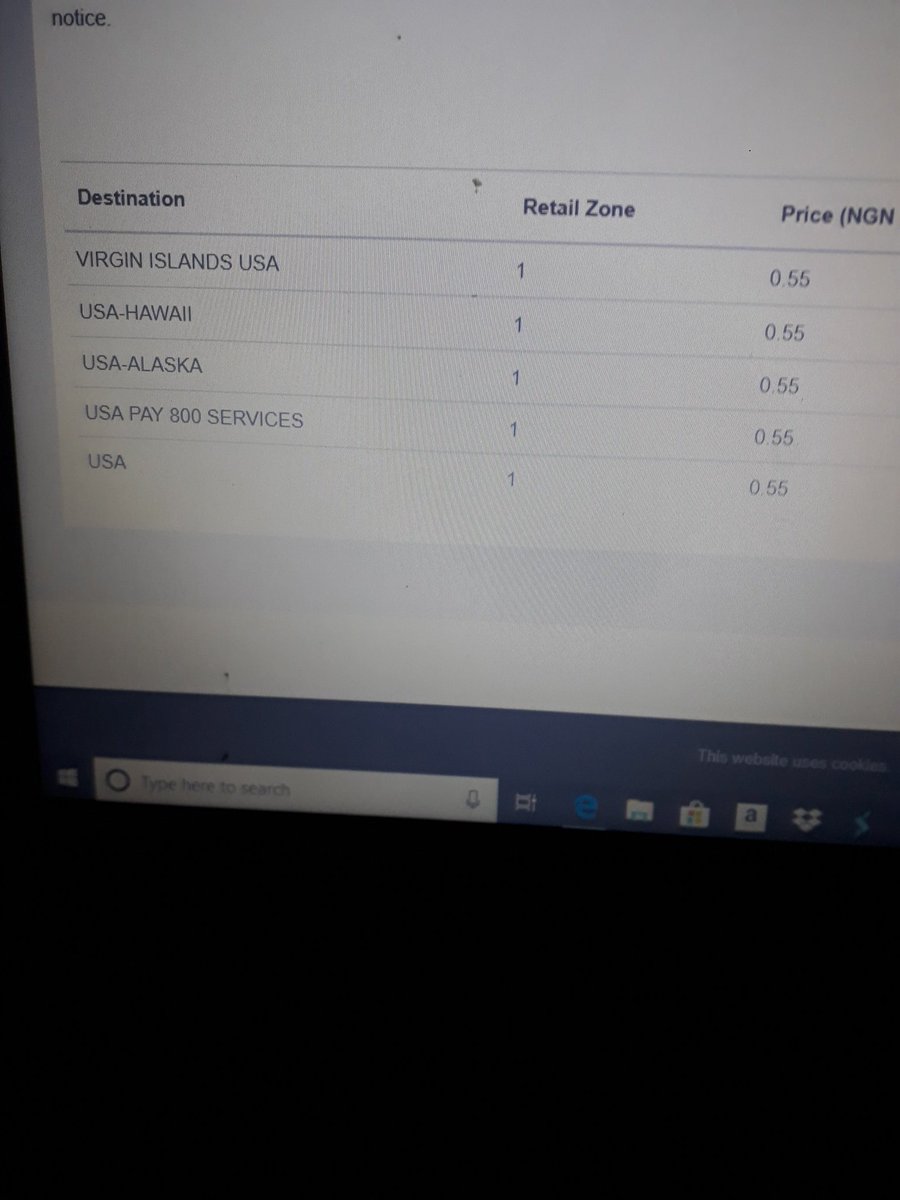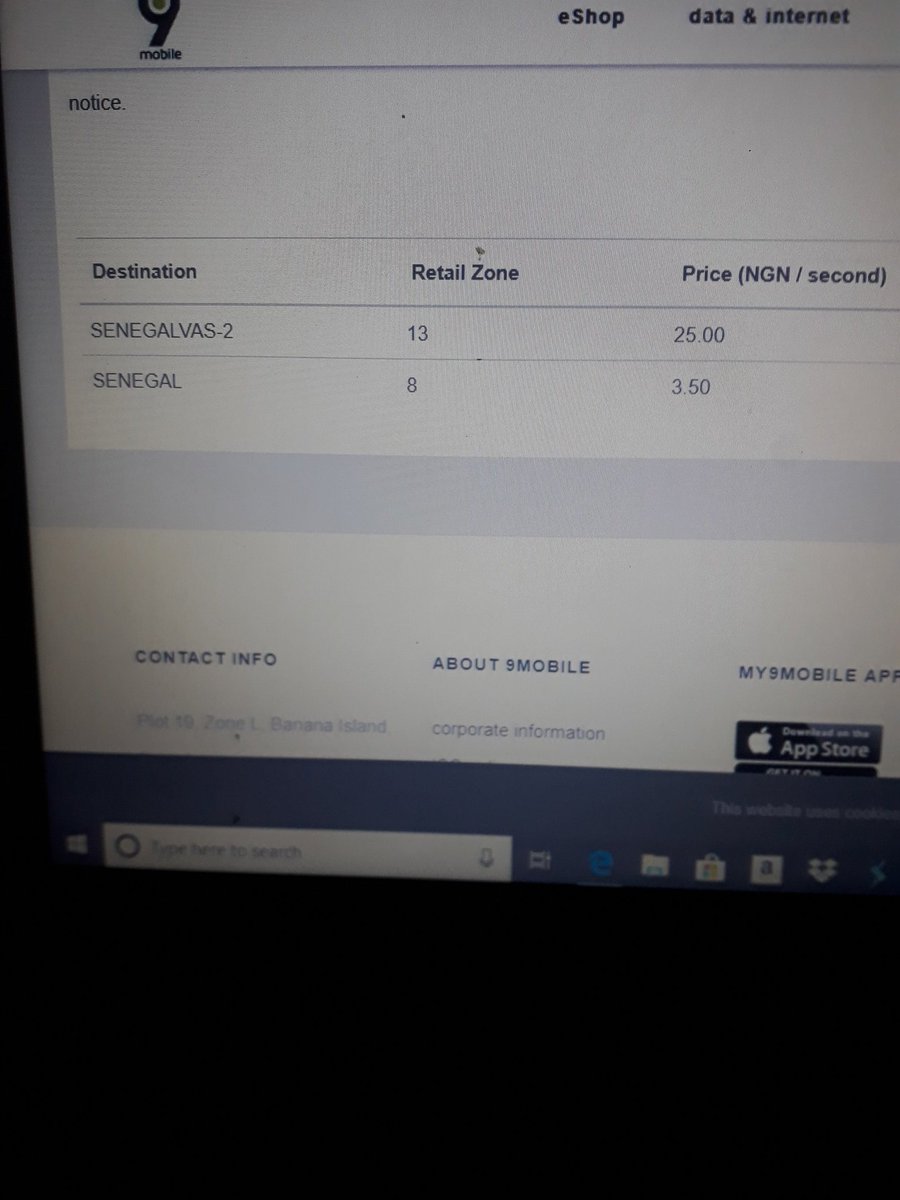
Why should FG have IMEIs of everyone's devices by default, and as a requirement for telcos to grant network access ("whitelist")? Globally, the standard is for consumers to give their IMEI data AFTER a theft ("blacklist/blocklist").
Why can't FG get warrants on a per case basis?
Why can't FG get warrants on a per case basis?
https://twitter.com/4eyedmonk/status/1395784159612874754
Govt doesn't need to populate its CEIR ahead of time with every IMEI in the land, if theft control or anti-kidnapping are its aims.
If a phone is reported stolen, telco can retrieve IMEI from IMSI record, and hand over to Police based on the owner's report.
If a phone is reported stolen, telco can retrieve IMEI from IMSI record, and hand over to Police based on the owner's report.
If a kidnapper makes a ransom call, Govt can get a court order for the telco to hand over the IMEI linked to that SIM/IMSI on that particular call.
So as you can see, in both legitimate use cases, Govt didn't need the whole Nigeria's IMEIs.
So again, why?
So as you can see, in both legitimate use cases, Govt didn't need the whole Nigeria's IMEIs.
So again, why?
I believe in giving Government only enough personal data as they need to do legitimate work, and only on a per case basis if possible. I hold this view even when living in the most free societies, but cherish it even more dearly when living in places with authoritarian streaks.
Government has simply not made a strong enough case that they need visibility on all IMEIs ahead of time, without a warrant.
On her show today, @SEzekwesili brought something shocking to my attention: Saudi Arabian Govt has for YEARS been using IMEI data to track down women who fled the country. It let's them trace their exact location.
That's the data FG wants to collect from every citizen.
That's the data FG wants to collect from every citizen.
• • •
Missing some Tweet in this thread? You can try to
force a refresh







